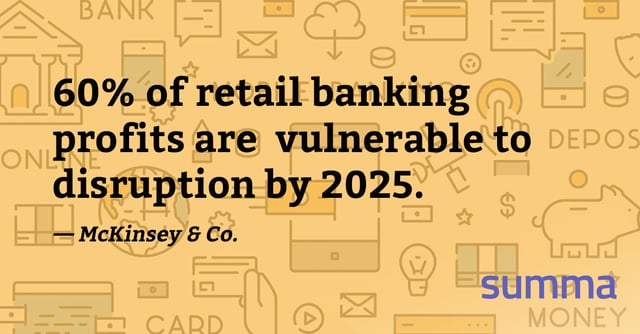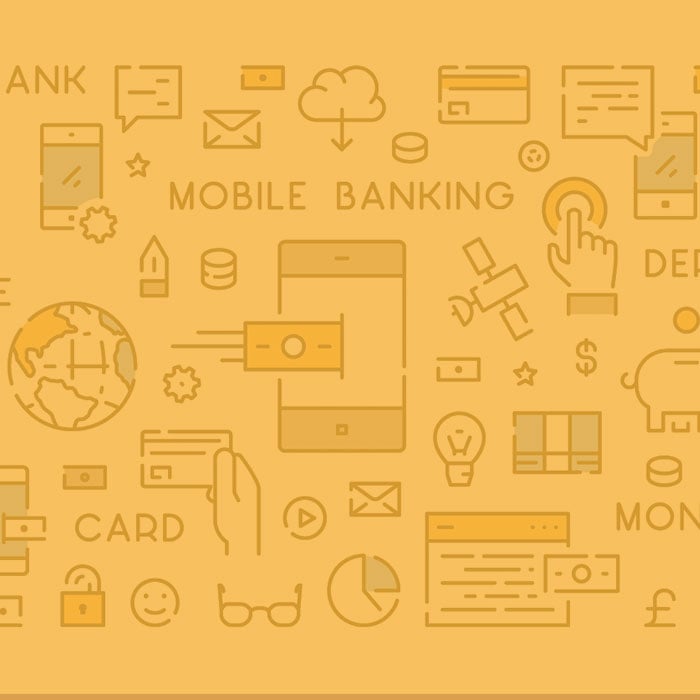You really can’t beat Texas barbcue. Aside from that culinary tip, I came home from Austin and the 2017 Digital Banking Conference with three trends that will dominate the c-suite discussion for banks and financial services firms into 2018:
- Disruptors
- Cognitive
- Customer experience
Past topics like “Open APIs”, “Mobile” and “Future Branch” were still at the forefront but were discussed through the lens of these three trending areas.
So what are these concepts really, and more importantly, how are they shaping the future landscape for industry in general (and banking specifically)? Here are my flyover impressions. In future posts, I’ll dive deeper into each of these topics.
Disruption is fueling change across the banking industry
Disruption. Nothing brings about change faster in an industry than successful disruptors.
Often the changes are further reaching than just the intended market. For example, Uber not only changed the taxi industry but also has affected the automobile industry as a whole, as urban millennials have found ride sharing to be a reasonable and cost-effective alternative to vehicle ownership.
Banking, once thought untouchable due to heavy regulation and capital advantages, has found itself forced to adjust. A recent McKinsey & Co. report projects that up to 60 percent of retail banking profits are expected to become vulnerable to disruption by 2025.
The influence of FinTechs like PayPal and Venmo, as well as huge non-banking players like Apple and Samsung and their payment platforms, are shaking up banking. Big banks, in an effort to maintain position, are not just playing constant catch up, but are actively partnering and even looking internally for disruption.
Artificial Intelligence is rising up on many fronts
Cognitive Banking. The term “AI” (Artificial Intelligence) gets thrown around quite a bit these days, but what exactly is it, specifically in the banking industry?
Ask one person and it is “chatbots” helping to make customer service more streamlined and cost effective. To another, it is being able to bank via home center devices like Amazon Alexa or Google Home.And yet another may think it’s processes designed to handle repetitive thought-involved tasks usually done by analysts.
In this case, they would all be right. Cognitive is a new class of technologies that are able to understand, reason and learn to provide a higher level of interaction, both within the walls of the bank and with customers.
The way people bank is changing. Or, is it?
The Banking Experience. Millennials account for about 20-25% of the population according to marketingcharts.com, and are the group most responsible for changing the way companies, including banks, do business. Goldman & Sachs predicts that one-third of Millennials believe they won’t need a bank within the next five years. That said, customers who use mobile and online banking more than once a week are over 60 percent more likely to be active retail-branch users than those who do not.
These competing forces create several questions for banks. How do you go about creating an experience that is everything to all people? How can you balance ever increasing digital transactions with the need for increased marketing and selling that occurs in physical locations (without sacrificing security or accessibility), which can be the difference between growth and obsolescence?
At most of the sessions I attended at the Digital Banking Conference, these three factors---disruption, AI and customer experience---were a common thread as speakers predicted the tectonic changes coming to the banking industry. In future posts, I’ll examine how these forces are creating the next generation of banking paradigms and what the future of digital banking may look like.
And by the way, each section of Texas has its own style of barbcue. Four to be exact.



